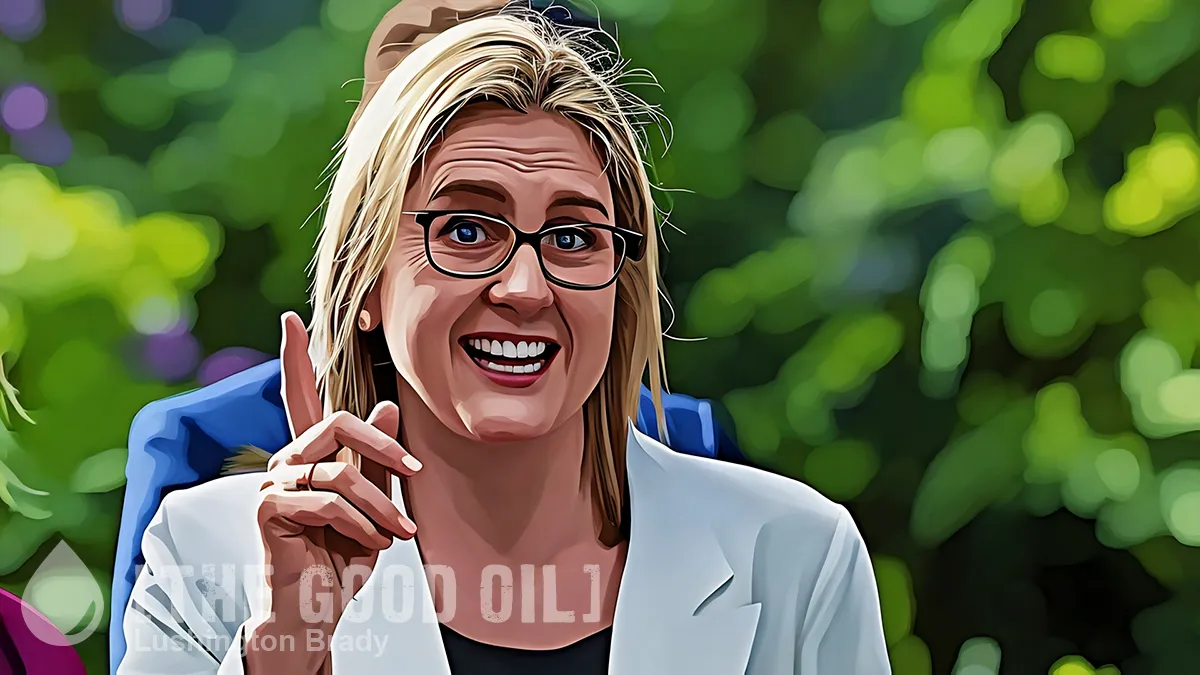Table of Contents
It is amazing what rubbish you read in the mainstream media these days. Take these statements, issued by none other than our favourite source of ‘truth’, Stuff:
Prime Minister Jacinda Ardern was forced to defend herself against attacks from the Right and the Left on Tuesday morning as criticism mounted that the Government was losing control of the housing market.
Since exactly when did the government have any control over the housing market, particularly the private housing market? They have no control over it whatsoever… and they never did.
She shot back at her critics, suggesting their policies were reminiscent of former prime minister Sir Robert Muldoon.
Oh well, maybe they did in the days of Robert Muldoon, but as he tried to control just about everything, that comes as no surprise.
No one has control over the housing market. It operates, like any other market, by supply and demand. It is heavily reliant on a number of factors, of which the government is only a minor player. Land availability, consent costs, availability of skilled labour and interest rates are all factors far more important than anything the government is likely to do — at the moment anyway.
What the writer, Thomas Coughlan, meant was that the government needs to rein in the Reserve Bank, in an attempt to stop it from flooding the banking system with cheap money. Jacinda’s response, much as it pains me to say it, was probably the correct one. While ultimately responsible to the government, the Reserve Bank is statutorily independent and is run by a board that makes all the major decisions. It would seem wrong to force the Reserve Bank to kowtow to government regulations when they are effectively completely independent.
There are calls from all sides to curtail the activities of the Reserve Bank, not least from the National Party, which I find surprising. How can a party that believes in allowing business to thrive in unfettered markets also believe in strict regulation of the money supply? Might I suggest that things don’t work that way; it is either unfettered freedom or strict regulation. You can’t have it both ways.
Jacinda has indicated that she has no intention of intervening in the bank’s activities. Those of us who believe in as little regulation as possible must view this as the correct approach. Nevertheless, the Reserve Bank is fuelling the overheated housing market with its latest proposal to create $28 billion of cheap funding as a form of economic stimulus. However much the Reserve Bank claims the intention here is to offer cheap money to business, we all know that most of that cheap money will end up in the housing market. Banks just can’t help themselves; in a market where home mortgages still provide the lowest form of borrowing risk, that is where the high street banks will put their share of the new funds. This will only stimulate the housing market even further.
The main problem seems to be that the Reserve Bank’s main role in economic policy was to keep inflation within a band of 1% to 3% at all times. The GFC and now the COVID crisis have made the bank’s job here really easy; now their biggest problem is keeping inflation high enough. In keeping with their monetary policy, the Reserve Bank should be increasing interest rates right now, with a view, among other things, of slowing down the rampant housing market. But it is important to remember that the housing market is not the Reserve Bank’s overall responsibility. It looks after the banking system, and nothing else. The housing market takes care of itself.
So, to say that the bank’s monetary policy is a major contributor to the overheated housing market is clearly true. There is no real evidence that Reserve Bank policy is doing anything to stimulate economic growth, except in the housing sector.
There is a lot that the Reserve Bank could do. It could restrict the amount of its new money that is allowed into the housing sector, thus ensuring that the majority of the funds go into the productive sector, where economic stimulus is most needed. But this won’t happen. The Reserve Bank has never cherrypicked sectors of the economy to target specifically to promote growth, and it is unlikely to do so now.
Whether you agree with the recent actions of the Reserve Bank or not (and personally I find Adrian Orr somewhat cavalier in his attitudes compared to Graham Wheeler or Don Brash), more government interference or regulation on the Reserve Bank is not the answer. It sends us down a slippery slope to a place where we do not want to go. I am surprised to see National supporting this view. They may have the best of intentions, but surely it is against the party’s core philosophy of less regulation and more free-market activities.
If you enjoyed this BFD article please share it with your friends.








